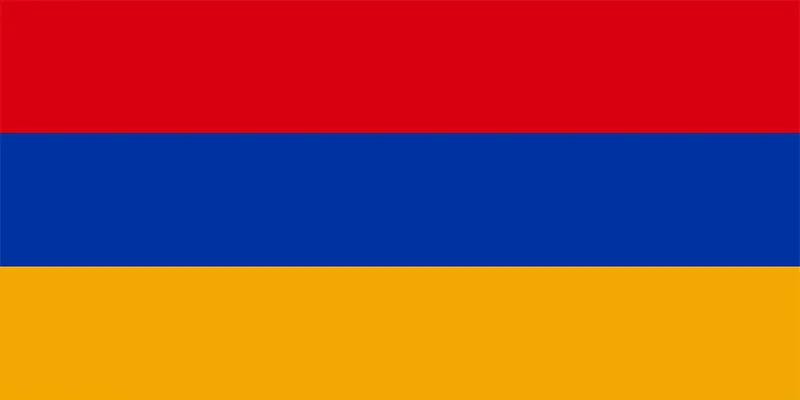
Armenia
Capital Yerevan
Official Language Armenian
Area 29,743 km2
Population 3,000,700
GDP (PPP) $49.7bn
Currency Dram (AMD)
National Day September 21

Austria
Capital Vienna
Official Language Austrian German
Area 83,871 km2
Population 9,028,000
GDP (PPP) $700.2bn
Currency Euro (EUR)
National Day October 26
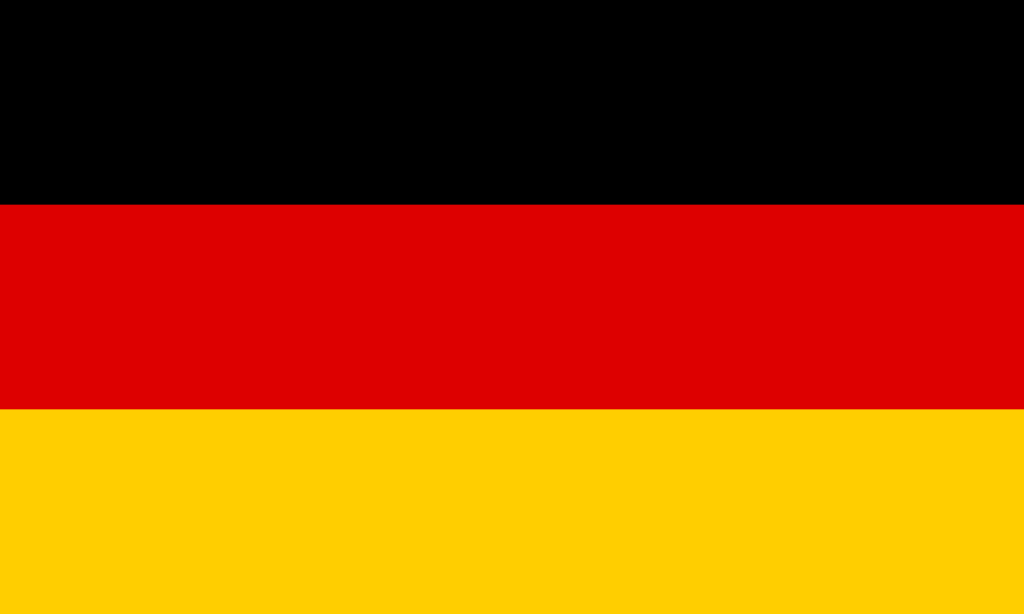
Germany
Capital Berlin
Official Language German
Area 357,592 km2
Population 84,270,000
GDP (PPP) $5.3170tn
Currency Euro (EUR)
National Day October 3
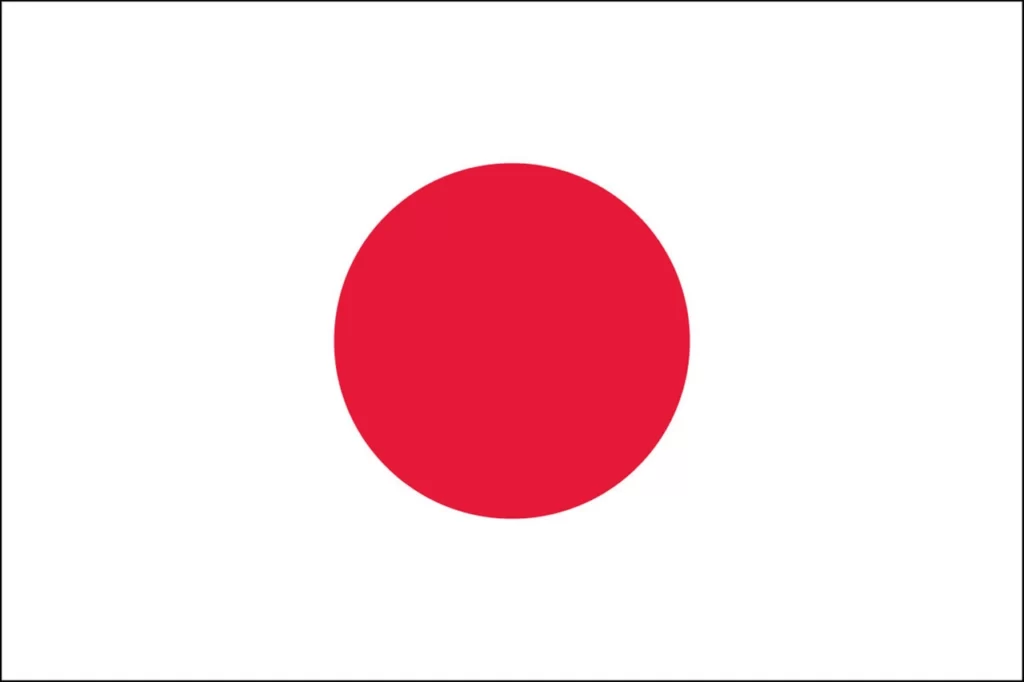
Japan
Capital Tokyo
Official Language Japanese
Area 377,975 km2
Population 124,840,000
GDP (PPP) $6,110tn
Currency Yen (JPY)
National Day February 12
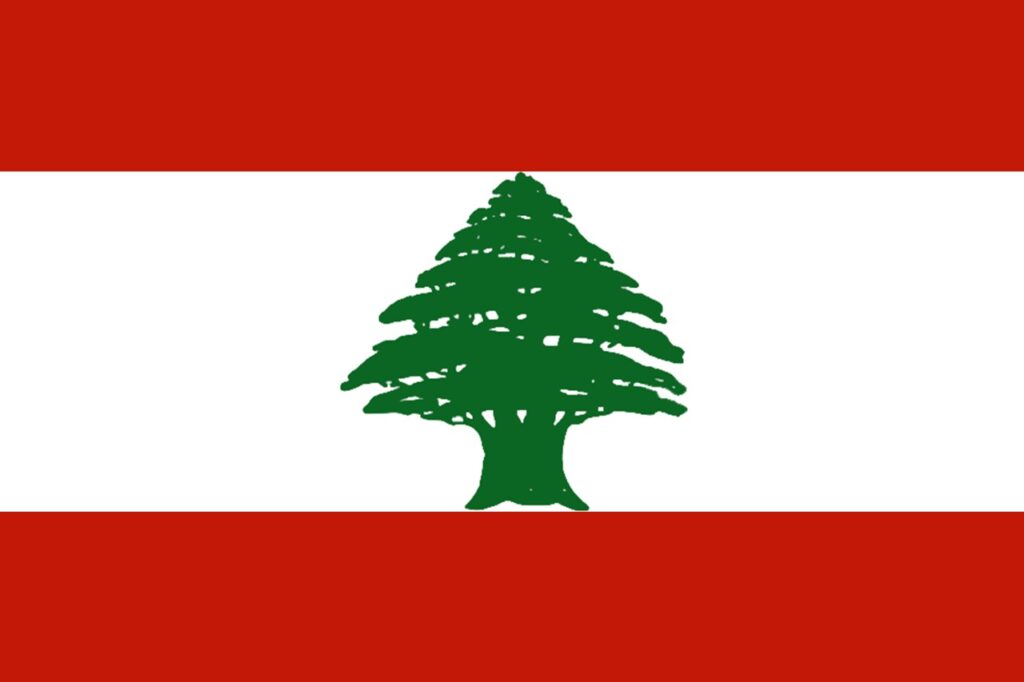
Lebanon
Capital Beirut
Official Language Arabic
Area 10,452 km2
Population 5,296,000
GDP (PPP) $78.9bn
Currency Lebanese pound (LBP)
National Day November 22
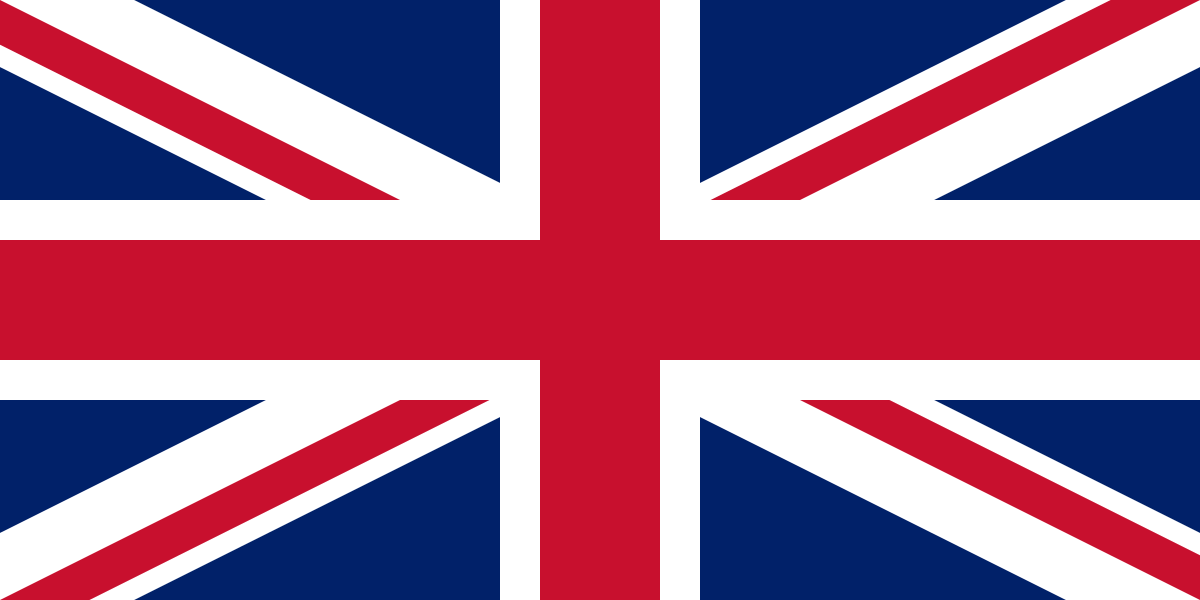
United Kingdom
Capital London
Official Language English
Area 242,495 km2
Population 68,138,000
GDP (PPP) $3.776tn
Currency Pound sterling (GBP)
National Day n/a
